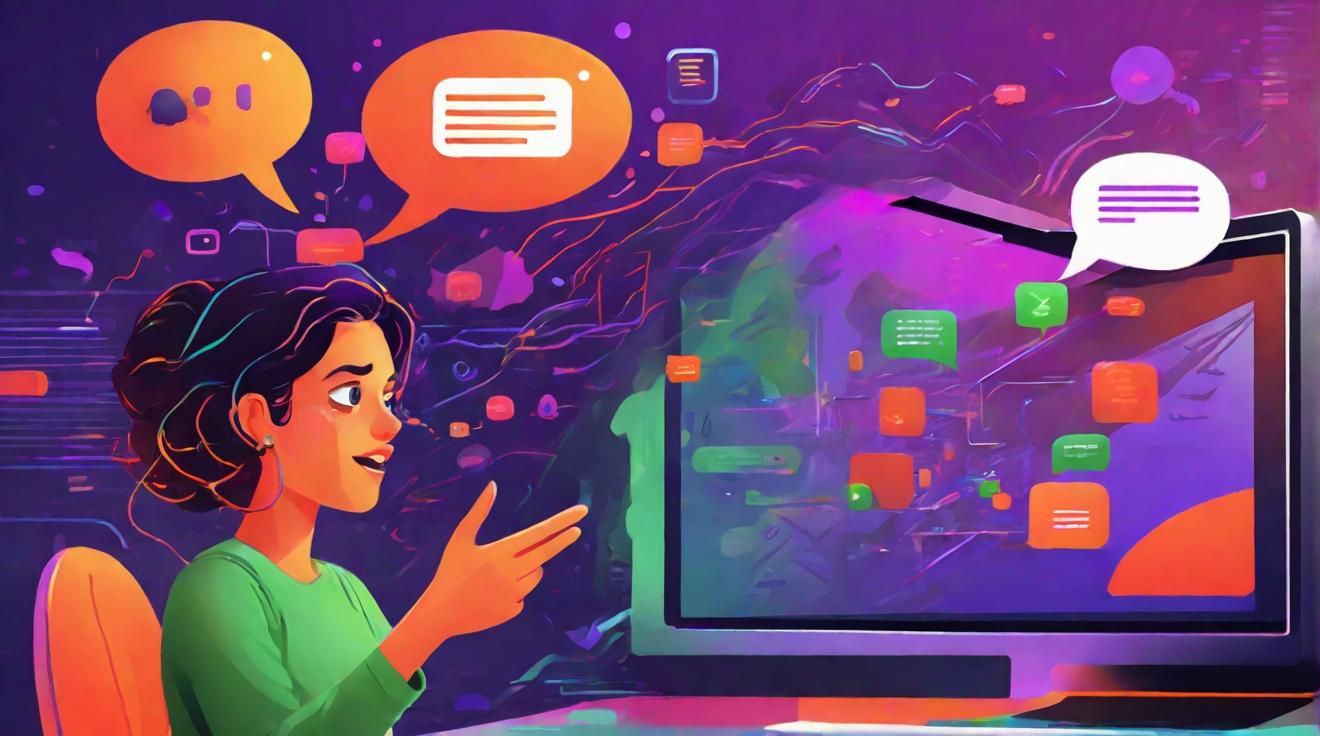OpenAI's Groundbreaking Voice Cloning Technology
In a monumental leap for artificial intelligence (AI), OpenAI — a renowned entity backed by Microsoft — has unveiled a breakthrough in voice-cloning technology. This innovative advancement now allows for an individual's voice to be replicated with merely 15 seconds of audio input. Known for its creation of the generative AI chatbot ChatGPT, OpenAI's new Voice Engine model stands as a testament to the rapid progression of AI capabilities.
Developed since late 2022, the Voice Engine is designed to produce emotive and realistic speech that nearly mirrors the original speaker's voice. This capability transition, from requiring minutes to now just seconds of audio for voice replication, heralds a new era in the field of synthetic voice generation.
However, OpenAI proceeds with caution. The potential for misuse looms large, with scams, electoral impact, and threats to the livelihoods of voice actors already identified as viable concerns. The company emphasizes the necessity of initiating dialogues on how society can navigate the implications of such synthetic voices.
Despite these challenges, OpenAI envisions numerous beneficial applications for its voice-cloning technology. Enhancing accessibility for non-readers and children, enabling instant translation, and supporting individuals losing their speech abilities to communicate in a voice resembling their own are among the highlighted positive uses.
For those eager to witness the capabilities of this AI-generated audio, OpenAI provides examples on its official website, offering a glimpse into the future of voice replication technology.
In balancing the scales between innovation and ethical responsibility, OpenAI's latest development underscores the broader conversation on the integration of AI in society. As the technology matures, its potential to reshape industries and personal lives continues to unfold, promising both unprecedented opportunities and challenges.
Analyst comment
Positive news: OpenAI’s groundbreaking voice cloning technology has the potential to reshape industries and personal lives, offering beneficial applications such as enhancing accessibility, enabling instant translation, and supporting individuals with speech disabilities. OpenAI’s cautious approach acknowledges potential concerns regarding scams, electoral impact, and threats to voice actors. The examples provided by OpenAI on their official website offer a glimpse into the future of voice replication technology. As the technology matures, it promises unprecedented opportunities and challenges.













